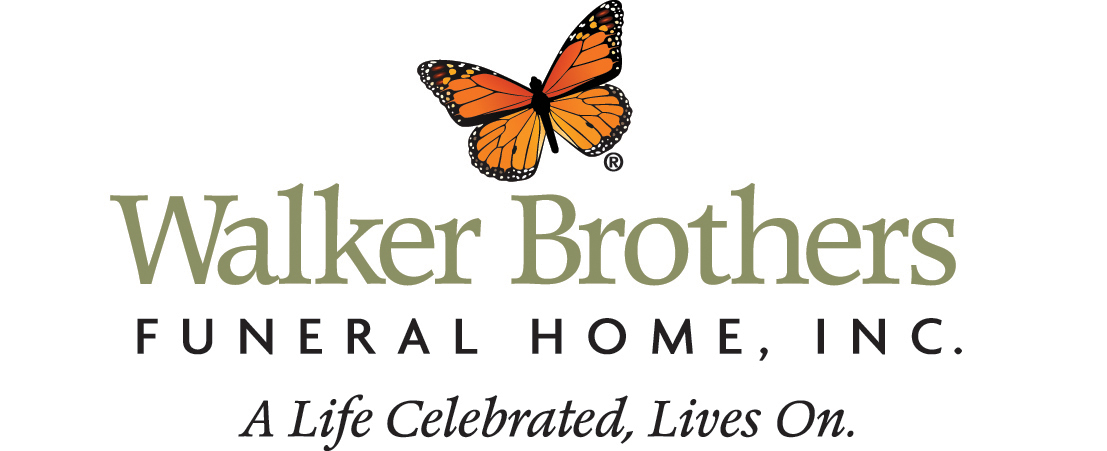(585) 352-1500

Support Groups
Not everyone considers support groups as a means for laying the groundwork for healing. Some may resist this idea altogether. Though the idea of participating in a support group may seem “not their thing,” or downright frightening to some, the fact is they have proven cathartic and extremely beneficial to many. This is a good reason to not ignore this possibility.
My first experience with a grief support group was as a counselor at a camp for bereaved children. It was a place for kids to meet others who had also lost someone they loved. While we held formal group sessions to help them process their grief, it often seemed that the most helpful part of the camp was simply the opportunity to be around other kids who had been through what they had been through. For this week, they were not alone in their grief. For this week, the kids could be kids. They were able to have moments of joy and laughter, and have moments of tears and breakdowns. They shared their experience of grief with other kids. And they could do this without worrying about what their friends or family would think of them and how they were dealing with their grief.
Children are not the only people who can benefit from support groups. After the death of a loved one, finding a support network is essential. Family and friends have an important role, as they know you well and can provide comfort and familiarity. But sometimes, family and friends can feel too close. They remind you so much of the person you lost, or they expect you to behave in a certain way. They may be dealing with their own grief, or they may have never experienced a significant loss.
This is when a support group can be helpful. A support group is made up of people that you don’t know, but who have also experienced the death of someone they love. A support group is about being with your grief and being with others who are grieving. In a support group, you are encouraged to share your story and talk about your grief. You are also invited to listen to how others are coping, how they get through each day, and how their grief changes over time. Perhaps most importantly, in a support group you are reminded that you are not alone.
In a support group, you have permission to grieve. There are no expectations about who you were in the past or how you should act in the future. You don't need to put on a brave face or worry that you are talking too much about your loss. Connecting with others who have been through a similar loss and telling your story in a safe place can be healing and reassuring.
Support groups are unique in that they are a place to receive support, and also a place to give support. At the camp where I worked, the most meaningful interactions didn’t come from the staff, they came from the other kids. When a child would comfort a new friend, give advice, or lend a helping hand, you could see the benefit to both of them. We all need the experience of helping others and feeling like we make a difference. A support group is about helping one another, sharing your perspective, and providing reassurance. Often we find that once we are able to give compassion and support to others, we are better able to provide that compassion to ourselves.
Not every support group experience is a positive one. While I encourage giving a support group a try, it is not always a good fit for every person, every time. Some people find support groups overwhelming or discouraging. Hearing about other people’s pain and grief can be therapeutic, but it also can be too intense. Sometimes, the leader or other group members are just not a good match. While an ideal support group is welcoming, accepting, and nonjudgemental, there are times when a group is not healthy for all of the members. If you tried a support group and didn’t feel it was helpful, you are not alone. You may want to try again with a different leader or after some time has passed.
A support group will not resolve your grief or take away the pain of your loss. But it may serve as a life raft or stepping stone along your journey. You can find information about support groups in your area at:
https://www.griefshare.org/findagroup
https://hospicefoundation.org/End-of-Life-Support-and-Resources/Grief-Support/Support-Groups
http://www.mygriefangels.org/grief-support-directory-.html
Bartolomeo & Perotto Funeral Home is pleased to offer “The Art of Healing” support group. To learn more visit: https://indd.adobe.com/view/c15baf28-a8f5-4622-9695-db2c0c59048d



Comments